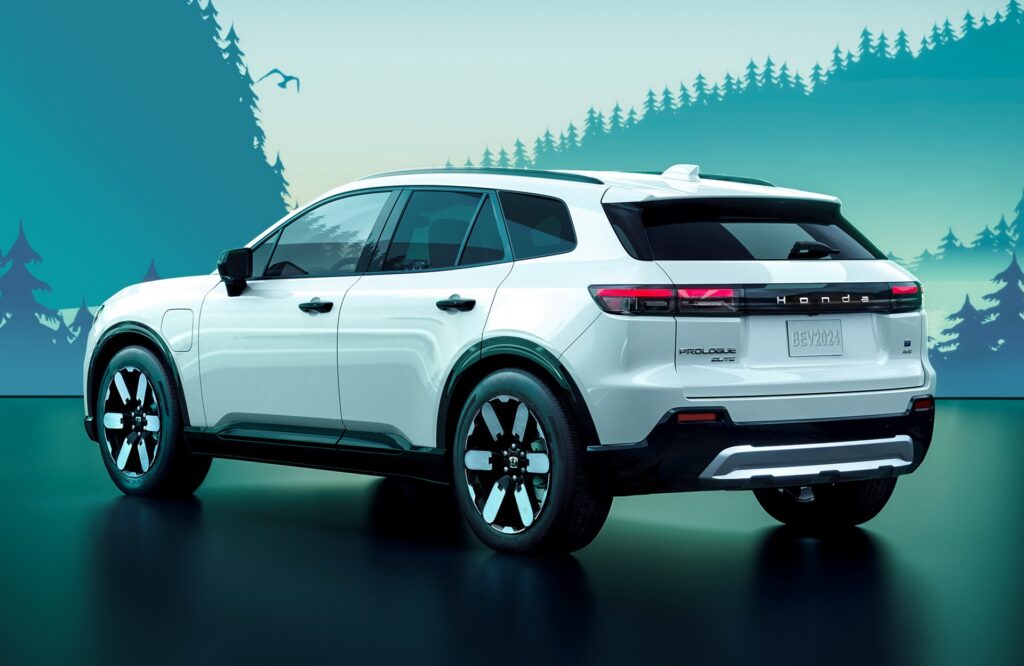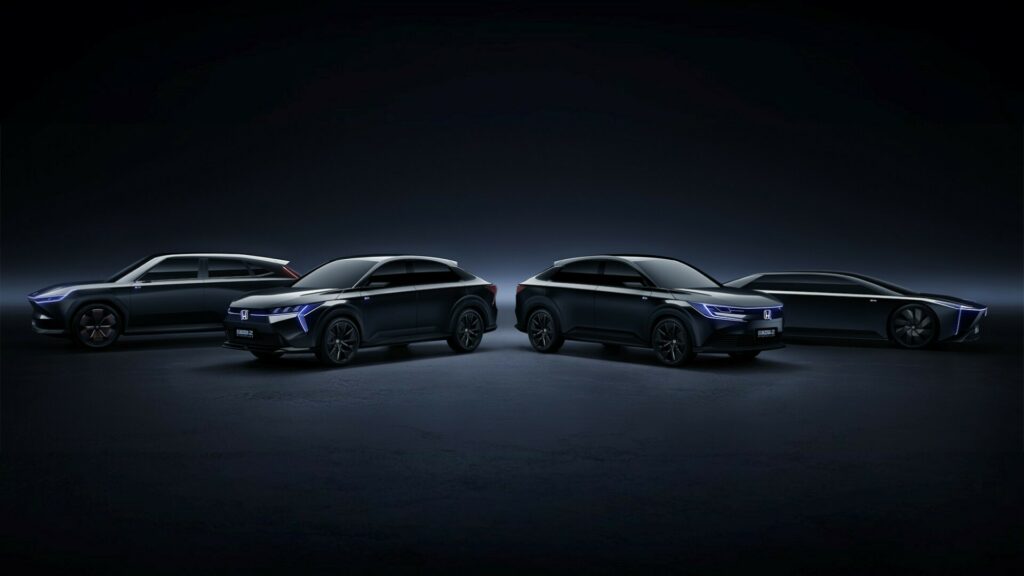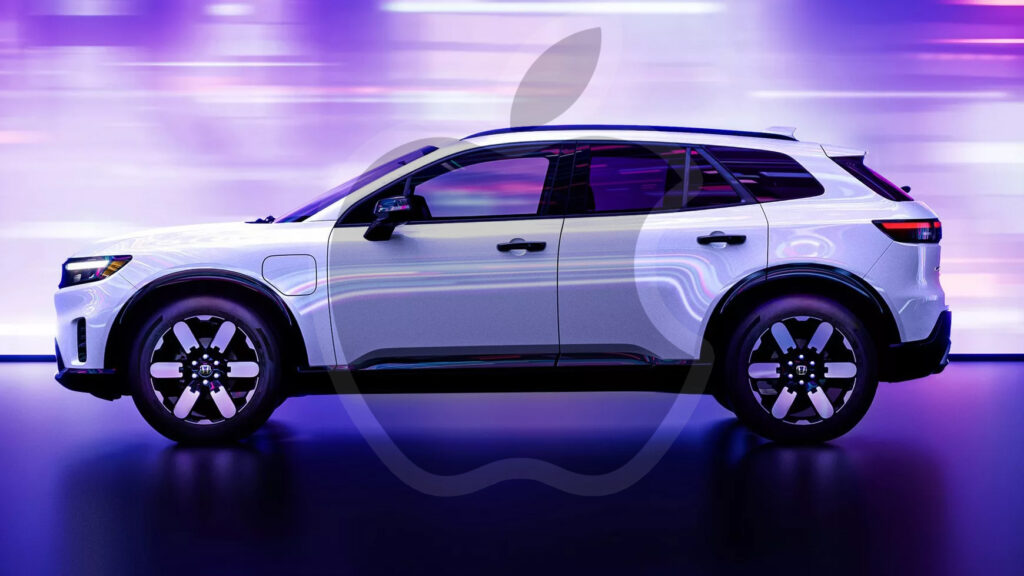Honda is taking a leaf out of Apple’s playbook and will increase its investment in domestic battery production as part of a supply chain overhaul.
The Japanese car manufacturer will start by partnering with battery manufacturer GS Yuasa to develop and mass-produce lithium-ion batteries for EVs in Japan. Honda’s investment totals an eye-watering 434.1 billion yen ($3.18 billion) and will be aided by a 158.7 billion yen ($1.17 billion) government subsidy from Japan’s Ministry of Economy, Trade and Industry.
Apple is able to efficiently control cost and quality by cooperating with major manufacturers upstream in the development of important parts. Nikkei Asia notes that Honda seems to be doing the same thing, allowing it to negotiate directly on key parts like batteries and drive units. For example, it will work directly with Taiwan Semiconductor Manufacturing Co. (TSMC) on procurement.
Read: Honda To Launch Mid- To Large-Sized Electric SUV In The U.S. By 2025

Additionally, Honda confirmed in March that it will increase its stake in electric drive system manufacturing Hitachi Astemo from the current 33% to 40%. It will also procure parts directly from manufacturers like TSMC as opposed to procuring things like semiconductors from primary suppliers.
Honda also recently announced a partnership with Japanese trading house Hanwa to acquire important metals needed for the production of batteries. It is also strengthening its cooperation with South Korean steelmaker POSCO with a keen focus on critical metal processing, raw material procurement, electrical steel for drive motors, and battery recycling. It’s possible that Honda may also look to maximize its profits by spinning off its EV business.
Manufacturing at Honda’s new battery plant with GS Yuasa should start in October 2027 and will have an annual production capacity of 20 gigawatt-hours. The factory will play an important role in the company’s transition to electric vehicles which has been sped up in the United States following the implementation of the Inflation Reduction Act. In fact, it recently brought forward the U.S. launch of its next EV by one year to 2025 and is also now targeting to sell nothing but EVs in China by 2035 as opposed to its original target of 2040.




